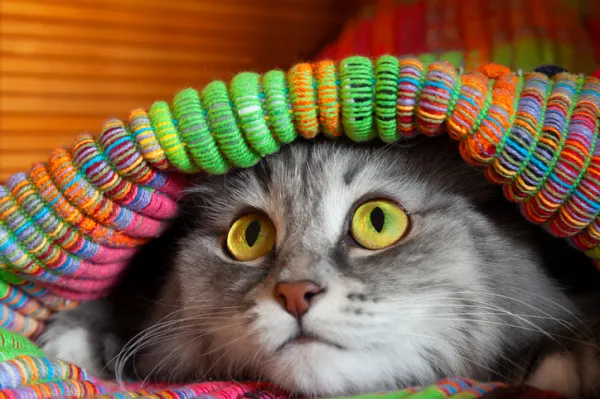
The new generation of teenagers, born in the mid-2000s, found in social networks options to make catharsis about the problems that overwhelm the world. While this movement for freedom, acceptance and respect for the rights of others was growing, a pejorative term was also born: Crystal Generation.
We are not a glass generation, but one that wants change.
Erick González
Journalist and human rights defender. I tell those stories that they want to leave in oblivion.
The term “Crystal Generation” was first heard from Spanish philosopher Monserrat Nebreda, who christened those teenagers born in the mid-2000s the Crystal Generation; they are also called centennial. In social networks, anyone who was born in a technological era with an unprecedented speed of change, where everything is ephemeral, instantaneous, is labelled as “fragile”. He contrasts this digital competence with “emotional fragility”. They have difficulty dealing with failure and need constant approval because of their low self-esteem.
These classifications can be a way of labelling and homogenising the adolescence of our time, especially in a country like ours. The Crystal Generation by definition has access to knowledge, information, education and material means. Their parents try to give them everything they could not enjoy, indulging them to the point of avoiding frustration and overprotecting them.
Doing a bit of research, rummaging through the digital vastness to get some context. Each generation is special, each brings something new and unique to this planet. So don't feel obsolete. We all have something to teach, regardless of age. It is logical that the later ones are more familiar with technology, but in the end all generations complement each other, especially when working on a project. So far, there are seven human generations, I show you.
- Interbellum Generation (1900 – 1914)
- Greatest Generation (1915 – 1925)
- Silent Generation (1926 – 1945)
- Baby Boomers (1946 – 1960)
- Generation X (1961 – 1981)
- Generation Y or Millennials (1982 – 2001)
- Generation Z (2001 – 2021)
- Pink Generation (2022 – present)
The first three lived in the midst of war, repression, and crisis. They were patient, respectful, committed, and conformist, they kept quiet about injustice, which is why these generations are called the IRON GENERATIONS.
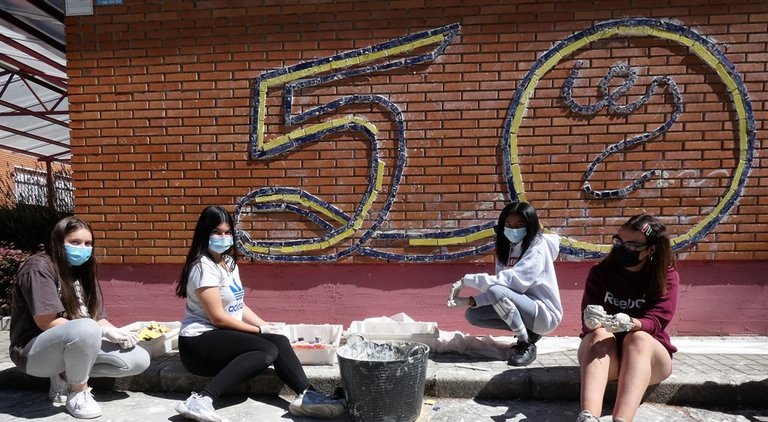
Baby boomers
The largest generation has been the Baby Boomers. They are workaholics, they do not tolerate idleness, women join the world of work. They chose to have children at an older age than their parents. Furthermore, they are also known as THE WARRIOR GENERATION; other authors classify them as THE GOLDEN GENERATION.
Generation X
Generation X is the generation that has lived through everything, such as the arrival of the internet, in their childhood they lived in an analogue world, and now they live in a digital one. It is a generation that has transformed customs and traditions, it is also known as the *PASSING GENERATION, a generation of transition…
The Millennials or Generation Y
Millennials have largely experienced the dissolution of the family, divorce has increased, they are children of working mothers and fathers. They are adaptable, tech-savvy, entrepreneurial, multitaskers.
Generation Z
Generation Z is the first generation of the 21st century, also known as “The new silent generation” because it emerged at a time of global conflict (attacks, economic crisis, etc.). For them the world is on social networks, if we want to capture their attention we must do it quickly and directly, in less than 8 seconds. They are creative, mature, and self-sufficient. This generation prefers privacy, they prefer applications that don't let much of their personal information be seen, that's why they choose to use Ask, Snapchat, Secret, Whisper, Instagram, TikTok, etc. I particularly call them THE BLOCKCHAIN GENERATION, others say they are the BYTE GENERATION. But, those who are not nations in this period I label them with a pejorative term-weakness-fragility: CRYSTAL GENERATION.
Crystal generation is an adaptation of the term "snowflake", used in the English-speaking world with the same connotation. The term is attributed to the writer and journalist Chuck Palahniuk, although it was first used to refer to these generations in an academic discussion at Yale University in 2015.

The needs, expectations, perspectives, and aspirations of “Generation Z” are very different from those of past generations. Far from being a “glass generation”, we are dealing with sensitive young people, committed to activism on a range of social justice issues. In American culture, this generation is known as “snowflakes”, according to several authors, including Lucie Sara Zavodna, who organised a round table with different academics to find out their opinions on this generation.
Collins dictionary gives a simple definition: “The generation of people who became adults in the 2010s, seen as less resilient and more likely to take offence than previous generations”. Young people are described by older people as fickle, sensitive and with an exaggerated sense of political correctness. They are also seen as impatient, as they are used to getting information, paperwork, and shopping faster thanks to the internet.
Lucie Sara Zavodna (Prague University of Economics and Business | VŠE - Department of Management Ing. et Ing., Ph.D.), describes the existence of what is known as sensory processing sensitivity (SPS), a personality trait that refers to the tendency to process stimuli and information more strongly and deeply than others. SPS can be reflected in many other aspects such as “greater depth of information processing, greater emotional reactivity and empathy, greater awareness of environmental subtleties, and ease of overstimulation, which is thought to be driven by a more sensitive central nervous system”. Now I wonder, is this condition the variable that psychologists have used to broaden the Autistic Spectrum and hence the logarithmic increase in cases in these digital times?.
Sample surveyed 1500 young people between 16 and 20 years old. Location New York, year 2022:
- 65% of respondents said that they have learned to live with uncertainty about their future.
- 58% of respondents felt that adults feel they have the right to criticise them just because they are young.
- 66% believe that 'glass generation' is an unfair term
- 62% think that generations before theirs had it easier in life
- 64% are annoyed by jokes or jokes that ridicule or discriminate (75% for women)
- 56% recognise that their parents have been overprotective of them.
Although this personality trait has positive aspects such as empathy, it can negatively affect a person's well-being, quality of life and functional difficulties. According to the author's research, SPS has been shown to be a risk factor for mental health, as it can lead to anxiety and depression.
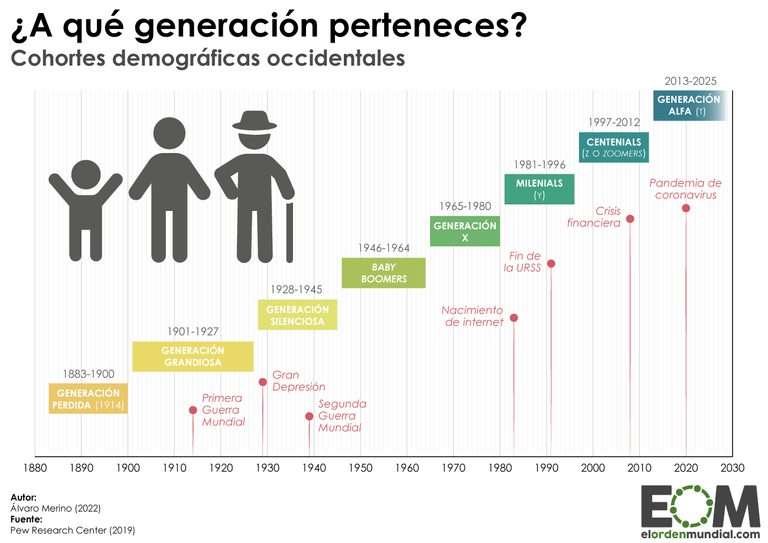
To assess SPS, a questionnaire called the Highly Sensitive Person Scale (HSPS) was developed and administered by Dr. Lucie Sara Zavodna to 407 university students from four different universities in the Czech Republic, all of them from the so-called “glass generation”. Ten percent of the men and 43 percent of the women were found to be highly sensitive, but the average rate was medium sensitive. 50 % of the men and 55 % of the women surveyed indicated that their sensitivity impacts them during their studies. On the other hand, 40% of the men responded that they consider themselves more sensitive than their parents, as did 50% of the women.
Pink Generation
Before, the rules used to be simple: blue for boys, pink for girls. However, something strange started to happen in 2021, when a lot of male Instagram and TikTok users started abusing an almost pastel shade to outline the basis of their identity. Suddenly, Generation Z morphed into Generation Pink and began to prove that it could be almost as versatile as black. And even more pleasing to the eye.
And so it was that Barbie pink became androgynous pink, with a whole new generation of LGBT activists appropriating it to herald the advent of a gender-fluid era. Fashion brands, of course, took note, bringing back hot pink products from the 80s and 90s with an ironic twist. When the market began to own it in an obvious way, its apostles decided it was time to move on: Millennial Pink worked as long as its levels of irony were below its sincere reclamation of a colour with a bad press. That saturation to a minimum was, above all, the manifesto of a generation that doesn't believe in the old male/female dichotomy.
Which generation do you belong to? What will become of the new pink generation in 20 years' time? Maybe I won't be alive to see it.
Under consideration
It is no secret that the mental health of the world's youth is being severely affected. Statistics from the World Health Organisation (2017), reported an increase of up to 47% in mental health disorders in children. Since 2019, cases of anxiety and depression, as well as ADHD diagnoses have multiplied by three. Suicide figures are growing alarmingly among this sector.
However, it would be a mistake to link mental health problems to concepts such as the "weakness" or "fragility" of glass. The increase in the incidence of problems in the psychological and psychiatric sphere is obvious, but the immediate question is equally necessary: why did previous generations not suffer from these problems, and is this increase in diagnoses due exclusively to a worsening of mental health or also to greater attention due to the emergence of the importance of psychological care? As we have already seen, a person in their 50s or 60s today would hardly have complained of anxiety during their childhood. Whether there were no problems is another matter.
Mental health problems over the years, in different generations, are different, but that does not mean that they are of a higher calibre now. Yes, there are higher rates of suicide or depression, but it has less to do with something intrinsic to this generation and more to do with the fact that we are living through very complex socio-economic, environmental and political conditions to which the younger generation is very overexposed.
In social media, where everything is known, we are constantly accessing the dos and don'ts, what is expected of them. This is a generation that has formed new ideals and paradigms, but just as we all did before us. The difference is that, in previous generations, the exposure to those ideals was, to take a random example, when they went to church or when they got together with their families; now the exposure is when they pick up their mobile phones before they go to bed. Actually, all day long. They are always there, those ideals are always there on social media. Obviously, this is going to generate, not more fragility, but a constant emotional overflow.
Some people argue that the term "glass generation" is a defence strategy of people born in other times, and that the best defence is a good attack. The best defence is a good attack, they would use this argument ironically to defend themselves against young people who think they are better than them or who believe that everything was rosy when their parents were their age. Is it true that they consider themselves better? Or going further, are they better?
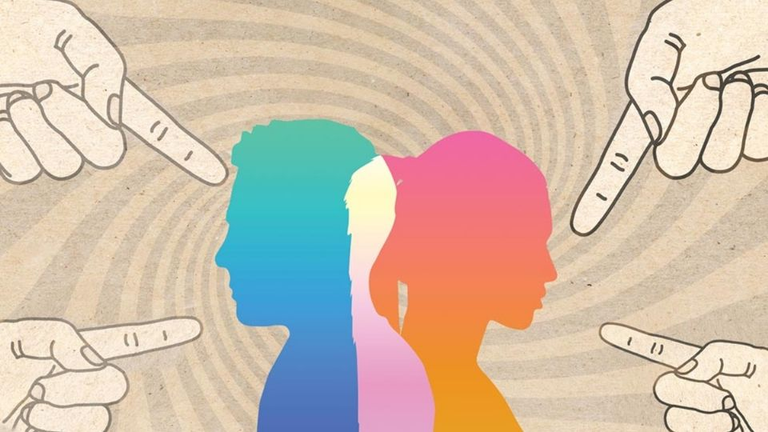
Young people today CANCEL figures who break with their ideals. They take offence at comments and stop paying attention to that person. As described at the beginning: 64% are annoyed by jokes or banter that ridicule or discriminate (75% in the case of women). And the indignation often leads to cancellation. A kind of social stigma that puts people in a drawer along with other – undesirable- attitudes. Yes, it is true that we are talking about a generation that is very offended. People from other generations say that now you can't say anything, and it's true, now you have to be much more careful about what you say. But throughout the history of all generations, there are always things that cannot be said. You go and tell a previous generation certain things. They will be offended, what changes is that they will be offended by different things. This generation has stopped normalising a lot of things and, obviously, that is positive. Violence, for example, is much more out in the open, but we have returned to a society that blames and points fingers, cancelling people out, we are returning to that, societies are cyclical. Dogmas are a fixed ideal to reach.
Well, for today. I leave you with some key ideas that regardless of the generation you belong to, can help you to tolerate, to get involved, to be part of the vast world we live in, allowing space to others...
1️⃣ Things are not better or worse, just different.
2️⃣ Open your mind and try to learn
3️⃣ Don't demean a person for having a different view from your own.
We are social beings; your well-being is directly related to the quality of interpersonal relationships you maintain. You are part of the human community and I appreciate all your efforts to be a better team player, especially with the people who need it most.
****🔆****🔆****🔆****🔆****🔆****🔆****🔆****🔆****🔆****🔆****🔆****
Credits
Images: 1. 2. 3, 4, 5
Title art: Cooltext
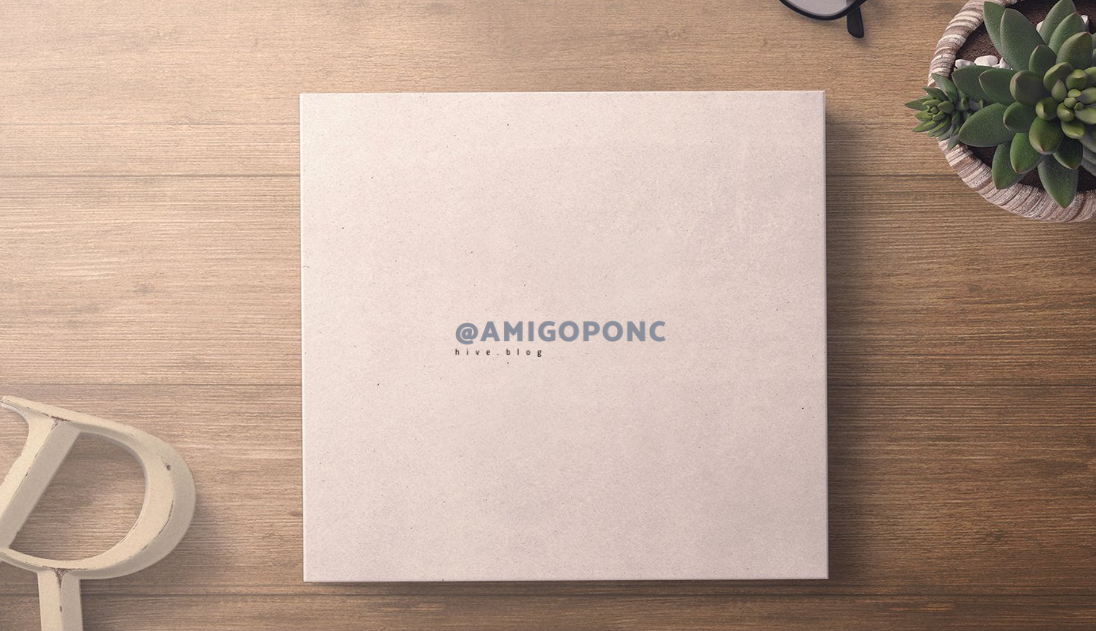
Open your mind and try to learn, awesome post, thanks so much
Dear Uncle, I remember when during your visit last Christmas we talked at length about these issues, I remember when you reprimanded me for being glued to the smartphone screen day and night. I have proven that social networks are a waste of time and now that I start law classes at the Central University of Venezuela -thanks to you-, I see the panorama with different lenses. Thank you uncle for reaching out to me even though you are so distant. Blessings to Matthew.